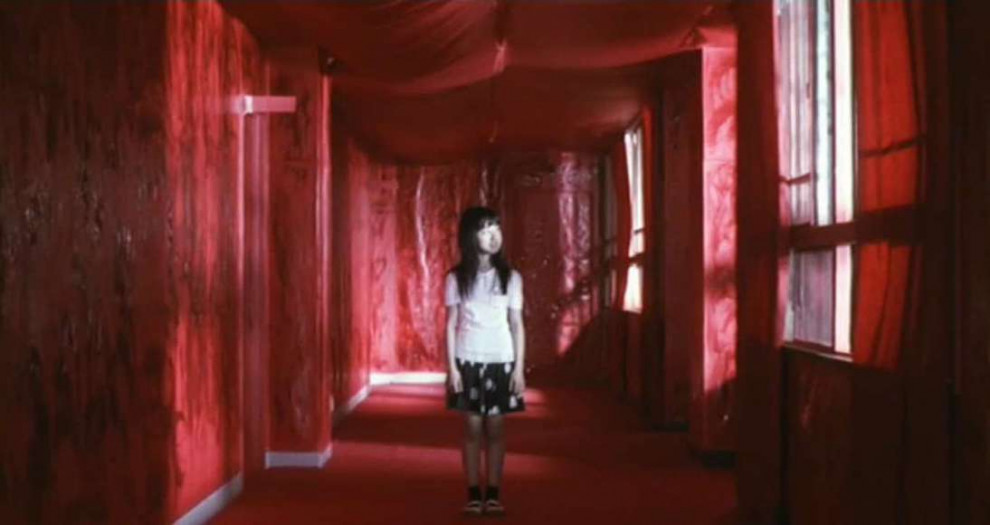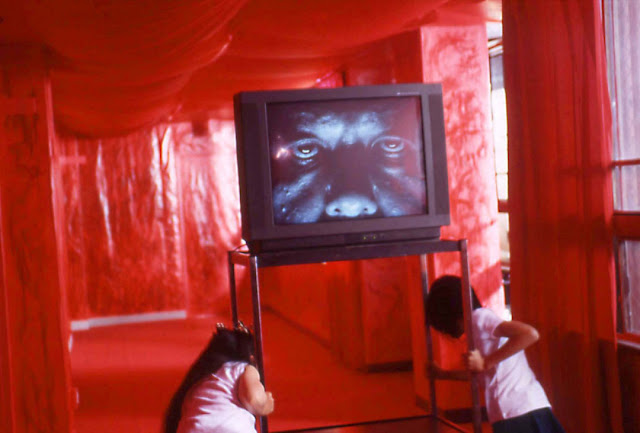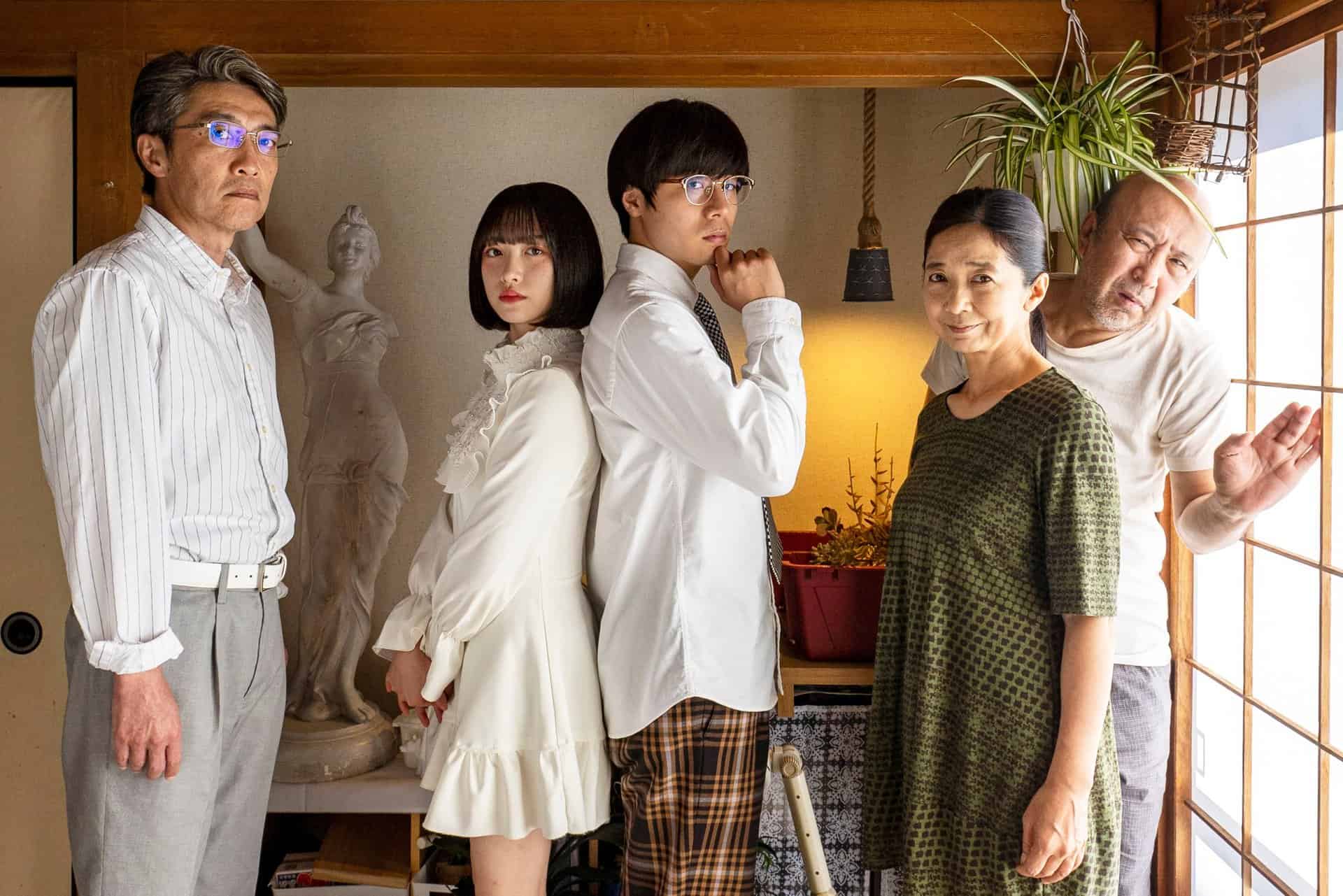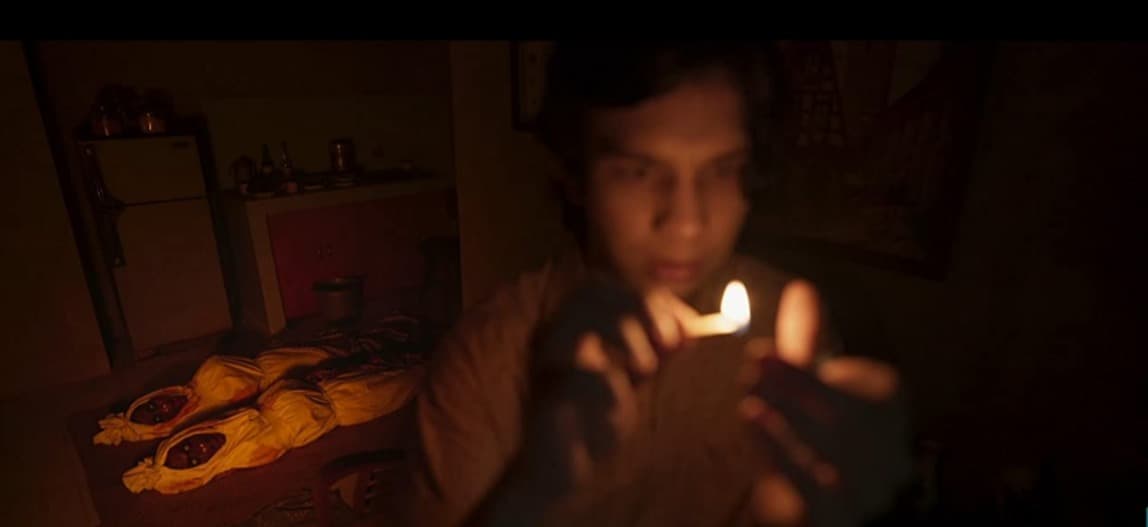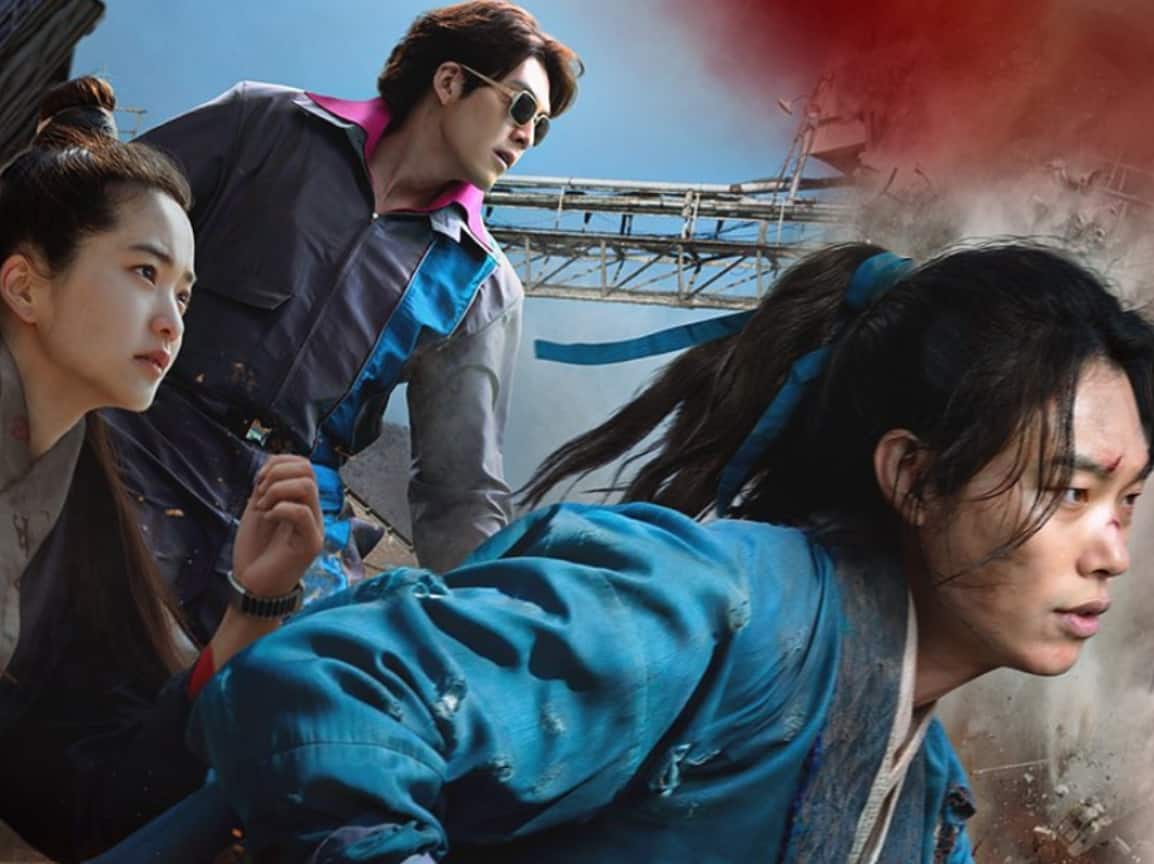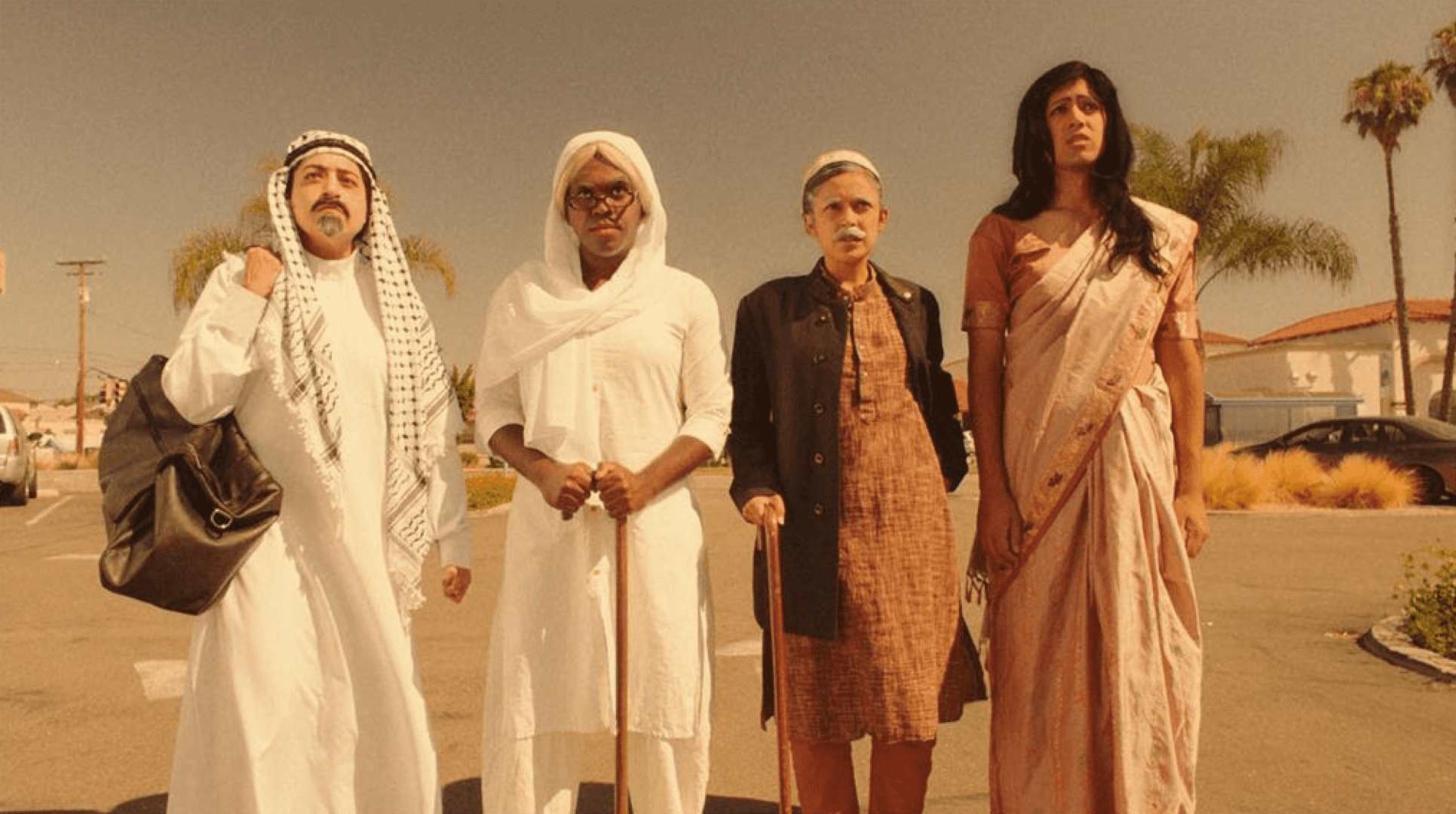I've only seen two other Sion Sono's films before I watched “Strange Circus.” “I'm Sion Sono”(1985) is the earliest film from him that I've known. I was amazed and floored by the sheer energy of the film. Sono goofs around with his friend and practically shouts throughout “I'm Sion Sono”; what a way to introduce yourself to the world of cinema! The other one I've seen is “Tag” (2015) featuring Reina Triendl (fans of the reality television show “Terrace House” might be surprised by her performance in this film). That's the first time that I'm aware that Sion Sono isn't merely content of being weird or provocative. He is also interested in the nature of narrative and how that relates to our self-identity and sexuality. And he also has an astute eye on Japanese psyche, especially their particular way of fetishizing young girls' bodies.
Buy This Title
Narrative and sex are already the major themes of his 2005 film “Strange Circus.” The film starts with the incestuous and violent relationships between a father Gozo (Hiroshi Oguchi), his daughter Mitsuko (Rie Kuwana), and his wife Sayuri (Masumi Miyazaki). One day, Mitsuko sees her parents having sex. To punish her, Gozo rapes her. Unable to deal with her father's abuse, Mitsuko commits suicide. Just when we finally recover from a series of shocking images and plot lines, we learn that the first forty-minute of the story is actually a novel that is being written by novelist Taeko (also played by Masumi Miyazaki). The best-selling novelist (it seems like she is famous for her grotesque and erotic novels) is assisted by an asexual young man Yuji (Issei Ishida) who is a new editor hired by the publisher. I won't spoil the film further, suffice to say that there are some unresolved issues between Yuji and Taeko.
You get a sense that Sono is fascinated by artists' (or just his) power to tell a story, and what can be accomplished by a story. He seems to be obsessed with the fact that it is relatively easy to create a story that seems “real” in a film. Like a magician performing in the cabaret show at the beginning of the film, Sono displays multiple stories in front of our eyes. They all seem equally plausible in the film's world, but in the end, they are all equally discredited by him in different ways. Characters awaken from a dream, or they stop writing; and we will understand that what've been witnessing is just that, a dream or a piece of fiction. In one scene, Yuji is shouting at Taeko (and the audience): “What's real and what's not?” This might come closest to a “thesis statement” for Sono. And indeed, how can we know what's true or not? (This philosophy 101-type question seems more pertinent in this age of “fake news”.)
Sono isn's only interested in the epistemological anxiety raised by the power of narrative, he is also interested in the ethical purpose and therapeutic effect of story-telling. Characters never tell a story just for the sake of doing so in Sono's films. In one segment of the film, we learn that Taeko becomes a writer because she is trying to work through the mistakes she has committed. Writing novels becomes a way to apologize for her. In another scene, Yuji forces Taeko to admit that she lied in her novels (isn't it the definition of fiction, though) and wants her to set the record straight. You lie (writing fiction) to apologize, and you commit more crimes by doing so. Except for death, there seems to be no way to escape the narrative web espoused by ourselves.
Even if you think these are all freshman philosophy nonsense, “Strange Circus” is still worth checking out. There is no other director like Sono who can combine the fantastical, the horror, and the grotesque elements so well. Sono's “Strange Circus” is definitely worth a visit.


